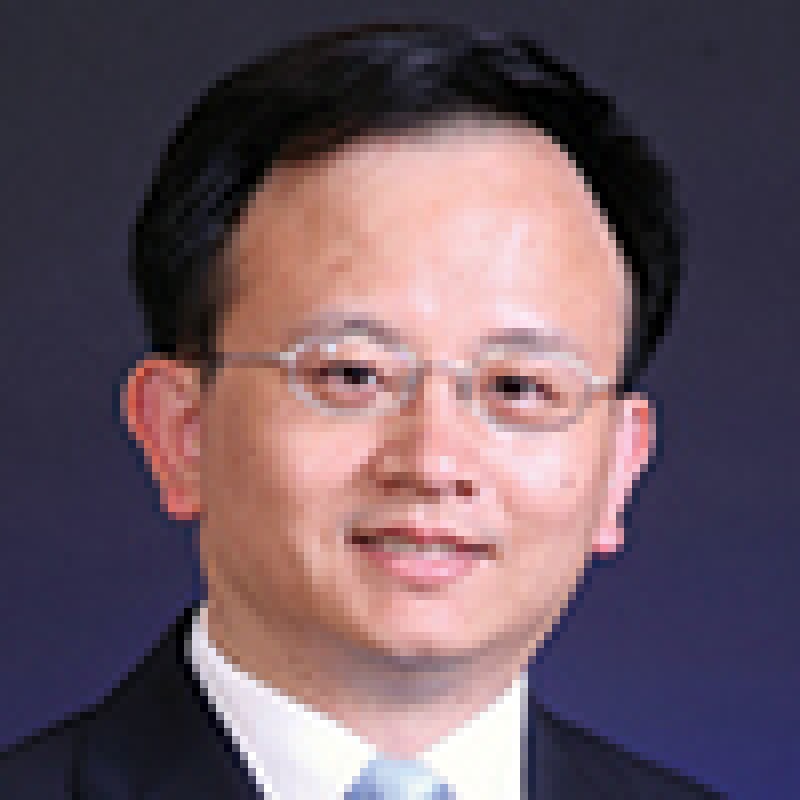On October 26 2018, the Sixth Session of the Standing Committee of the 13th National People's Congress of the People's Republic of China passed the "Decision of the Standing Committee of the National People's Congress on Several Issues Concerning the Proceedings of Intellectual Property Rights and Other Intellectual Property Cases" (hereinafter referred to as the Decision), which made major adjustments to the current appeal mechanism for cases concerning patents and technical secrets. The Decision will take effect on January 1 2019. It will definitely have a significant and far-reaching impact on the trials of China's burgeoning number of technical cases.
Intellectual property cases before Chinese courts concern patents, trade marks, copyrights, trade secrets, computer software, layout design of integrated circuits, new varieties of plants, and unfair competition. These cases comprise both civil and administrative cases, and they could be further classified as technical cases and non-technical cases according to current Chinese judicial practices. They are currently handled differently. As far as civil cases are concerned, the first instances of technical cases are mainly tried by the three special IP courts in Beijing, Shanghai and Guangzhou, the 16 IP tribunals in Shenzhen, Suzhou, Changsha, Tianjin, Xi'an and other main cities across the country, as well as IP divisions of other intermediate courts. The appellate cases arising therefrom would then be tried by high courts (the IP divisions of those high courts). Administrative cases, which are cases concerning the grant and validity of patents, new plant varieties and integrated circuit layout designs, are heard by the Beijing IP Court and then the second instances go to Beijing High Court.
The Decision will greatly change the above-mentioned trial regime concerning technical cases. The regime will change in the following ways:
1) Civil cases appealed by parties who are not satisfied with the first instance judgment concerning patents (including patent invention and utility model, but not design), new plant varieties, integrated circuit layout designs, technical secrets, computer software and antitrust matters shall be tried by the IP tribunal of the Supreme People's Court.
2) Administrative cases appealed by parties who are not satisfied with the first instance judgment made by the Beijing IP court concerning the administrative decision on patents (including patent invention, utility model and design), new plant varieties and integrated circuit layout designs shall be tried by the Supreme People's Court.
3) The retrial of judgments, rulings, and mediations of the above-mentioned cases that have already taken legal effect shall be conducted by the IP division of the Supreme People's Court.
4) In order to meet the needs of this new trial mechanism, it is said that the Supreme People's Court shall establish a new trial department, the IP tribunal, within it.
In sum, this new trial mechanism will change the trial mechanism of technical cases from a decentralised mode to a centralised mode. It is worth noting that the Decision has not made any changes to the trial mechanism for civil cases concerning designs, probably due to the sheer number of such cases and because they are not of significant technical nature.
The new trial mechanism will have the following major and positive effects.
Firstly, it is conducive to unifying and standardising the scale of refereeing. Moving from a decentralised trial mode to a centralised trial mode means it is possible to better unify the scale of case refereeing and achieve similar results in similar cases. Moreover, having the same court hear administrative cases and civil cases involving particular patents, the two major procedures concerning patent rights and their enforcement, can be well coordinated, which is conducive to solving the long existing inconsistency in patent validity procedure and patent infringement procedure, improving the quality and efficiency of IP trials, and effectively improving judicial credibility.
Secondly, it helps to create a good business environment. Such a unified trial mechanism for technical cases is conducive to strengthening the equal protection of IPRs of Chinese and foreign companies, promoting a friendly business environment, which emphasises openness, transparency, and the rule of law.
Thirdly, it is conducive to stimulating and protecting technological innovation. Such a unified trial mechanism for technical cases can give full play to the role of IP trials, providing incentives and protections to innovations, promoting scientific and technological progress and social development, optimising the rule of law for technological innovations, and helping the implementation of innovation-driven development strategies.
According to the relevant provisions of the Decision, the new mechanism will be implemented on January 1 2019. After implementation for three years, the Supreme People's Court shall report to the Standing Committee of the National People's Congress on the experience and problems of implementing this new mechanism, and suggest improvements for the mechanism. We do not rule out the possibility that the Supreme People's Court will then propose to establish an independent IP appellate court. Let's wait and see.

|

|
Nick Liu |
Li Wu |
AnJie Law Firm26/F, Tower D, Central International Trade Center6A Jianguomenwai Avenue, Chaoyang District, Beijing 100022, PR ChinaTel: +86 10 8567 5988Fax: +86 10 8567 5999wuli@anjielaw.comwww.anjielaw.com










